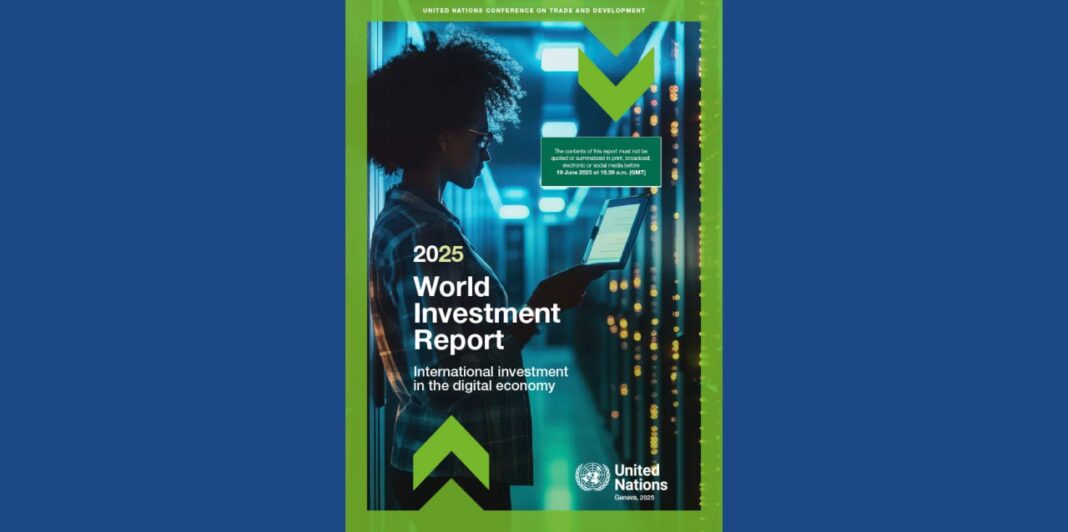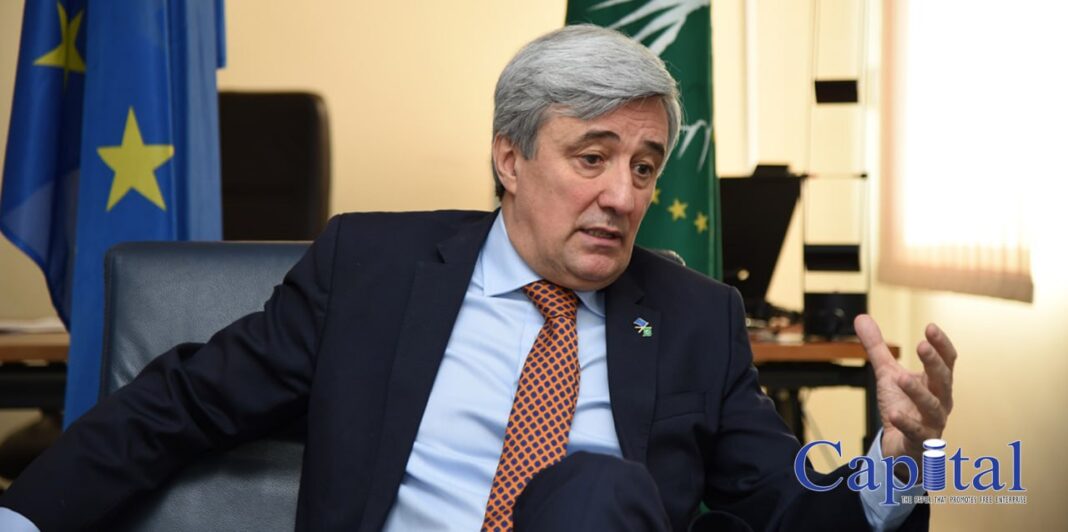Ethiopia recorded a robust increase in foreign direct investment (FDI) inflows in 2024, despite a challenging global investment climate, according to the newly published World Investment Report 2025 by the United Nations Conference on Trade and Development (UNCTAD)1. The report highlights Ethiopia’s resilience and continued attractiveness to international investors, even as the country faces headwinds in new project announcements.
The data shows that Ethiopia’s inward FDI rose to $3.98 billion in 2024, up from $3.27 billion in 2023—a 21.9% year-on-year increase1. This growth outpaces the East African regional average and stands in stark contrast to the global trend, where FDI flows to developing economies grew by just 3.2% in the same period. Ethiopia’s FDI stock also expanded significantly, reaching $42.5 billion in 2024, up from $38.5 billion the previous year.
“Ethiopia continues to be a leading destination for foreign direct investment in East Africa, reflecting the country’s ongoing economic reforms and efforts to improve the investment climate,” the World Investment Report 2025 states.
However, the report also flags a sharp decline in announced greenfield investment projects—a key indicator of new business ventures and job creation. In 2024, Ethiopia attracted just $801 million in greenfield project announcements, a steep drop from $3.2 billion in 2023, representing a 75% decrease. This mirrors a broader slowdown across East Africa, where announced greenfield investments fell by 80% over the same period.
The report attributes the decline in greenfield projects to global economic uncertainty, tighter financing conditions, and lingering effects of recent geopolitical and supply chain disruptions. “Infrastructure investment is slowing. Industrial investment is under strain. And developing countries—those most in need—are being left behind,” UN Secretary-General António Guterres notes in the report’s preface.
Despite these challenges, Ethiopia’s overall FDI performance remains strong. The country’s share of FDI as a percentage of gross fixed capital formation also improved, underscoring the importance of foreign investment to Ethiopia’s economic development.
UNCTAD urges Ethiopian policymakers to focus on revitalizing new project pipelines and enhancing the enabling environment for both existing and prospective investors. The report emphasizes the need for targeted reforms and international cooperation to sustain investment momentum and foster inclusive growth.







